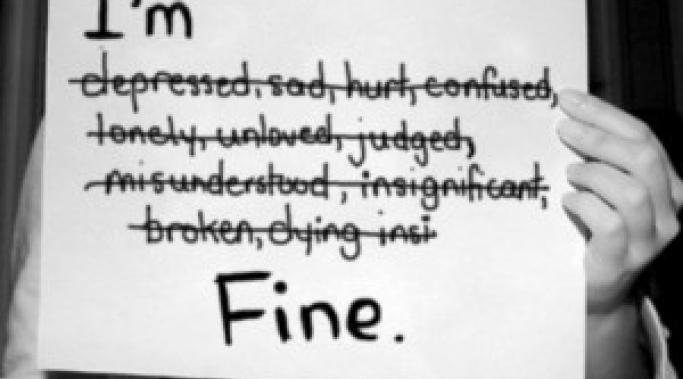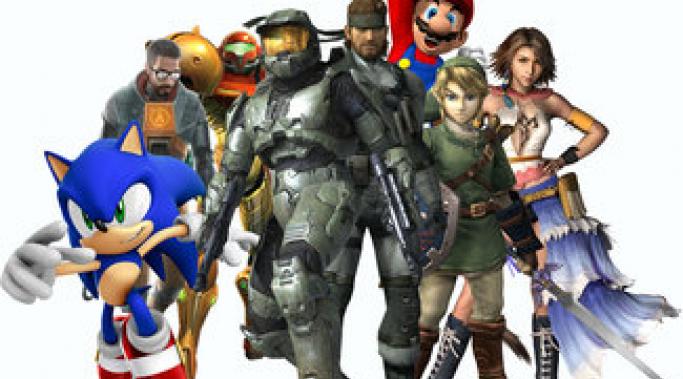We tend to think of mental health stigma as a blanket statement, but the reality of the situation is that it’s really not. Different mental health disorders face different versions of mental health stigma. I came to this conclusion recently as I realized that although I’ve overcome the stigma I felt for Excoriation (Skin-Picking) Disorder (dermatillomania), I still let the stigma of my depression and anxiety overcome me.
Surviving Mental Health Stigma
Dealing with mental illness stigma is manageable and I have learned this truth through the many experiences that I have had to face in my life (What Is Mental Illness Stigma?). However, it had been quite some time since I have felt severely stigmatized due to having bipolar disorder.
I am very open with the state of my mental health, and one of my main goals in life has been to eradicate mental illness stigma in every way possible. I even created the Bipolar Disorder Society of British Columbia, and I work immensely hard to provide assistance and education to people who are dealing with mental illness stigma. My hope is to truly instill in others that dealing with mental illness stigma is manageable.
My name is Laura Barton and I am the new author of Surviving Mental Health Stigma Blog. I am a Canadian, writer of all sorts, lover of dystopian fiction, volunteer with the Canadian Body-Focused Repetitive Behavior Support Network, and a fan of tattoos, wolves and 1966 Batman.
I also live with mental health issues, some of which you’ve probably heard of and one that you might not have. Depression, anxiety and suicidal ideation have been a part of my life to different degrees, as has a disorder called excoriation (skin-picking) disorder, which I’m more likely to call dermatillomania. Living my way through these disorders and whatever hold they’ve tried to have on me, has shaped who I am today.
Video games can help reduce the stigma of mental illness as popular video games fictionalize real life scenarios for entertainment. Video games that fictionalize the state of the world are often irresponsible and damaging, likely due to the portrayal of the video game’s interactive characters. Role-playing type games hold immense power by influencing our lives, but often negatively demonstrate the stigma of mental illness.
However, the game genre is an ideal place to work on improving mental health education by, instead, reducing the stigma linked to mental illness, and this is an opportunity to contribute to positively shaping the perceptions and attitudes of our population, especially our youth. Video games can help reduce mental illness stigma.
The stigma of experiencing side effects due to a mental illness may cause great concern for many people. Mental illness stereotypes can be disturbing at times, as people perceive an individual in a straight-jacket, or a person in pale pajamas behind an asylum’s bars. Further, the side effects of mental illness are physical clues that point to the condition, and when people’s perceptions are accurate, it can be extremely stigmatizing for someone who is actually suffering with the side effects of having a mental illness.
Language can stigmatize people with mental illness, and I am quite sensitive to noticing all of the words that seem to counteract society’s movement toward removing stigma for people who live with mental illness. Do you ever cringe when you hear the word "crazy" or "psycho?" I do. I feel that we have come so far in many respects in shaping our stigmatizing language for the good of many groups such as the terms, "gay," "retarded" or "lame," so why are we still so stigmatizing with language when it comes to mental illness?
Depression and men experiencing mental illness stigma is a common and problematic concern for many people, and it also happens on many levels when living with any mental illness for that matter; however, this article focuses on men experiencing depression and mental illness stigma. I am not referring to feeling down once in a while due to the stressors of everyday life, but actually focusing on men who feel so low that depression is negatively affecting their lives on a daily basis and causing them great concern for their mental health.
Mental illness stigma may tell you that your life is over. Stigmatized individuals, even family and friends, will assume that there is no hope, no recovery, and certainly no real life to live upon the diagnosis of a mental illness. It is infuriating when this happens, and, in my opinion, the diagnosis of a mental illness may actually spell the beginning of a new life and a life worth living, especially since a debilitating mystery has finally been solved. Mental illness stigma may tell you that your life is over, but it isn't.
Politics and the impact of mental illness stigma is a topic that has intrigued me for a number of years, and the discussion of politicians experiencing mental illness stigma raises a number of important points and questions. There are many politicians who certainly do have a mental illness, but you will never know about it, especially if it is a highly stigmatized mental illness such as schizophrenia. It is unfortunate that several stigmatized individuals in our society assert that because you have a mental illness, you cannot, and should not, rightfully be a person who can be trusted to represent the interests of society on the political stage.
When mental illness stigma comes from your own friends, it can be a very jarring and hurtful experience. Even the people that you hold close and trust can be guilty of judgement, hurting you emotionally, and may even stigmatize you. I have been diagnosed with bipolar disorder for 13 years, and even as of late, I have had plenty of experience with friends and mental illness stigma.








